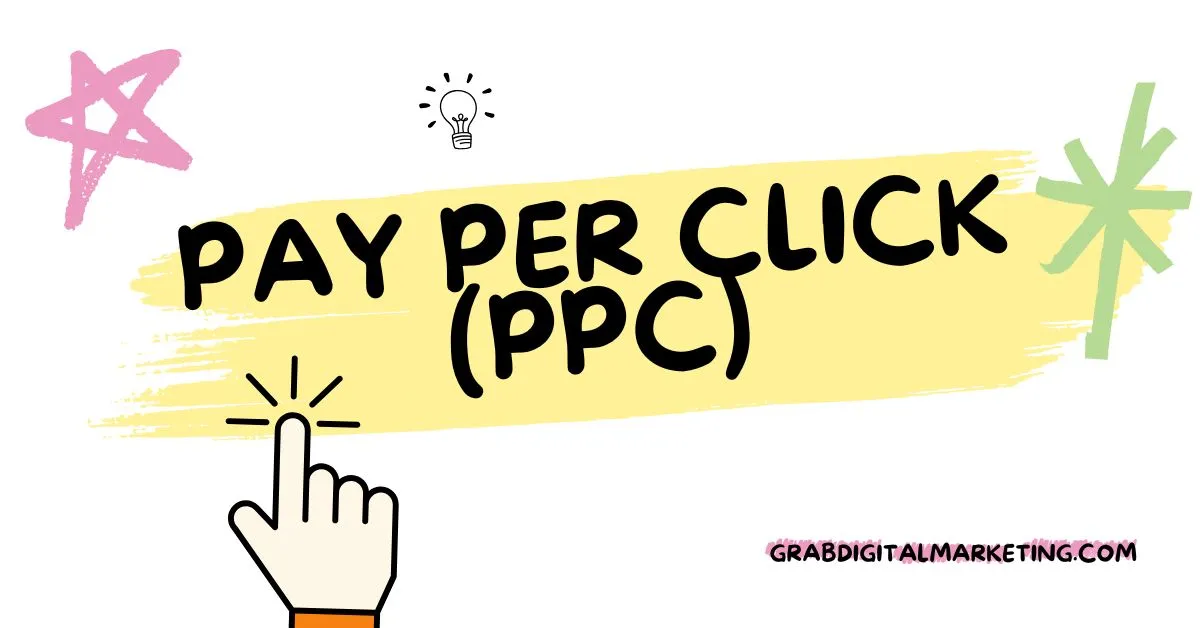Certainly! Let’s dive into a detailed blog post about pay-per-click (PPC) advertising.
Table of Contents
Introduction to Pay Per Click (PPC) What is PPC?
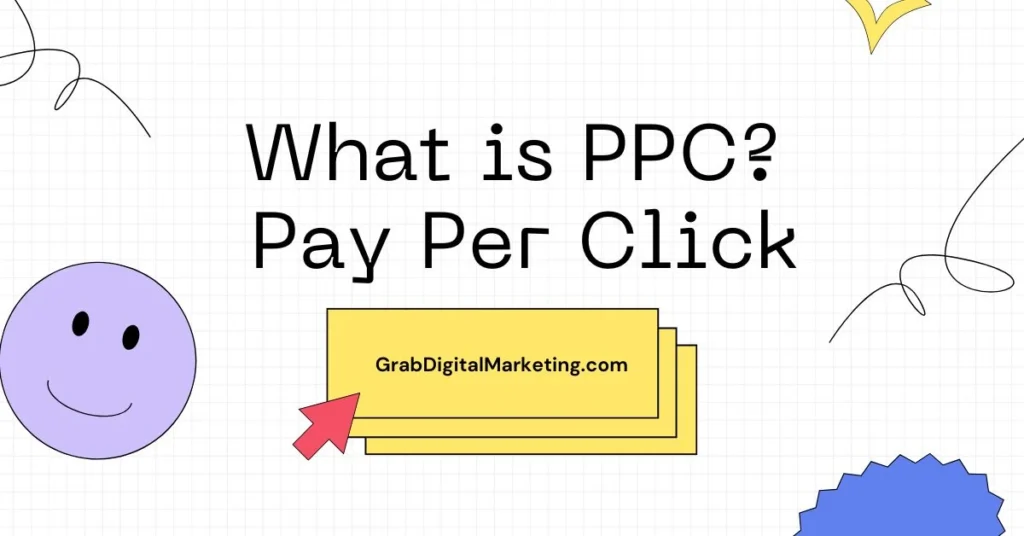
- Pay Per Click (PPC), advertisers pay a fee every time someone clicks their ad. Essentially, It’s a way of buying visits to your site, rather than attempting to earn those visits organically. This model is primarily used in search engine advertising, like Google Ads, where businesses bid on keyword phrases relevant to their target market.
- Brief History and Evolution PPC advertising has come a long way since its inception. It all began in the late 1990s with the advent of search engines. Google launched its PPC advertising platform, Google AdWords (now Google Ads), in 2000, revolutionizing the way businesses advertise online. Over the years, PPC has evolved with advanced targeting options, ad formats, and analytical tools.
- Importance in Digital Marketing PPC is crucial in digital marketing because it offers quick entry, measurable results, and a wealth of data. It allows businesses to reach their target audience effectively and efficiently. When managed correctly, PPC campaigns can provide a significant return on investment (ROI) and complement other marketing strategies.
How Does PPC Work?

The Auction System PPC works on an auction-based system where advertisers bid on keywords. When a user types a query into the search engine, an auction is triggered for the ads that are relevant to the keywords in the query. The highest bidder doesn’t always win; the ad rank is determined by several factors.
- Bidding on Keywords Advertisers select keywords they want to bid on and set a maximum bid, which is the most they are willing to pay for a click on their ad. Keywords are selected based on their relevance to the business’s products or services.
- Quality Score and Ad Rank The Quality Score is a metric that Google uses to determine the relevance and quality of your ads and landing pages. It considers factors like click-through rate (CTR), ad relevance, and landing page experience. Ad Rank is determined by your bid amount and your Quality Score, influencing the position of your ads in search results.
Types of PPC Ads

- Search Ads Search ads are text ads that appear on search engine results pages (SERPs) when users search for specific keywords. These are the most common types of PPC ads and are effective because they target users actively searching for related products or services.
- Display Ads Display ads are banner ads that appear on various websites within Google’s Display Network. They can be text, image, or video ads and are excellent for building brand awareness and reaching a broader audience.
- Social Media Ads Social media platforms like Facebook, Instagram, and LinkedIn offer PPC advertising options. These ads appear in users’ feeds and are highly targeted based on demographics, interests, and behaviors.
- Shopping Ads Shopping ads are used by e-commerce businesses to promote products. These ads appear in search results with an image, price, and product details, making them highly effective for driving sales.
- Remarketing Ads Remarketing ads target users who have previously visited your website but did not convert. These ads follow users as they browse other websites, reminding them of your products or services and encouraging them to return.
Crafting an Effective PPC Strategy
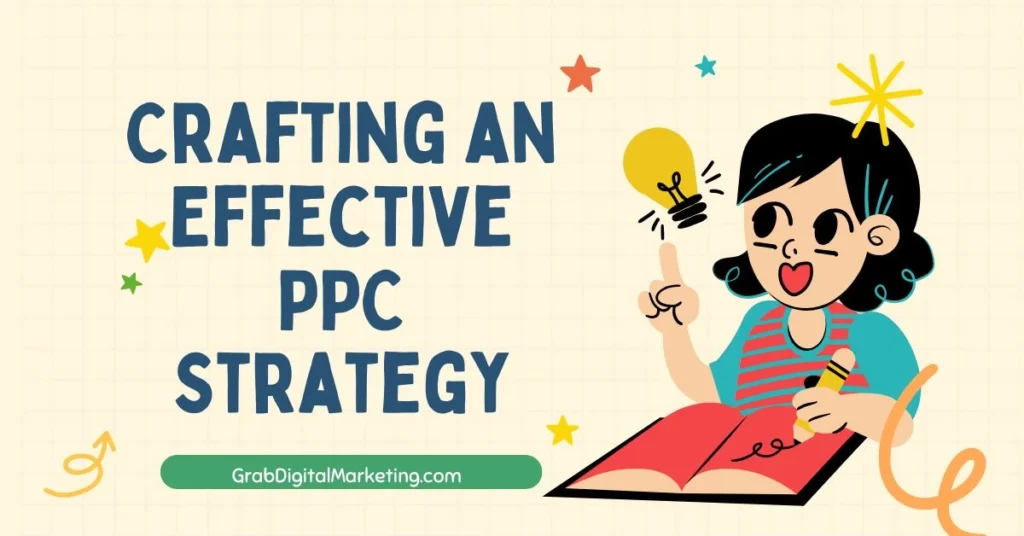
- Keyword Research Keyword research is the foundation of a successful PPC campaign. It involves identifying relevant keywords that your target audience is likely to use when searching for your products or services. Tools like Google Keyword Planner can help you find and analyze keywords.
- Ad Copywriting Writing compelling ad copy is crucial for attracting clicks. Your ad copy should be clear, concise, and include a strong call to action. Highlight the benefits of your products or services and use relevant keywords to improve ad relevance.
- Landing Page Optimization A relevant and optimized landing page is essential for converting clicks into customers. Your landing page should provide a seamless user experience, with a clear headline, persuasive content, and a prominent call to action.
- Budget Management Setting a budget for your PPC campaign is important to ensure you don’t overspend. Monitor your spending regularly and adjust your bids and budget based on the performance of your ads.
- Measuring and Analyzing Results Tracking and analyzing the performance of your PPC campaigns is crucial for success. Use tools like Google Analytics and Google Ads to monitor key metrics such as CTR, conversion rate, and ROI. Analyzing this data helps you make informed decisions and optimize your campaigns for better results.
Common PPC Mistakes to Avoid
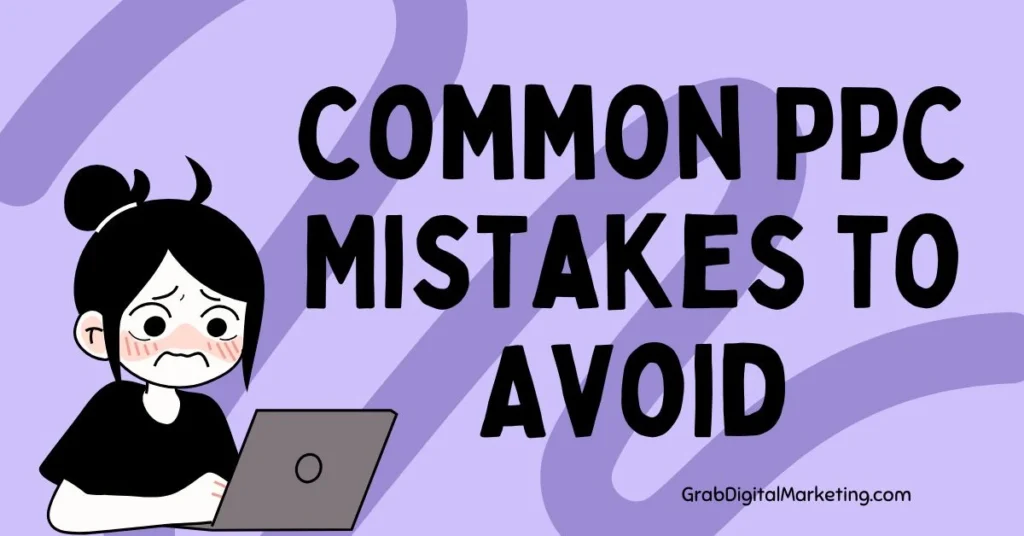
- Poor Keyword Choices Choosing the wrong keywords can waste your budget and attract irrelevant traffic. Focus on selecting relevant, high-intent keywords that are likely to convert.
- Ignoring Negative Keywords Negative keywords prevent your ads from appearing for certain search queries. This helps you avoid irrelevant clicks and improves the quality of your traffic. Regularly update your negative keyword list based on search term reports.
- Bad Ad Copy Ineffective ad copy can lead to low CTR and wasted spending. Ensure your ad copy is engaging, relevant, and includes a clear call to action. Test different variations to find what works best.
- Lack of Testing Testing is essential for optimizing your PPC campaigns. Conduct A/B tests on your ads, landing pages, and keywords to identify what performs best and make data-driven adjustments.
- Neglecting Mobile Users With the increasing use of mobile devices, it’s necessary to optimize your PPC campaigns for mobile users. Ensure your ads and landing pages are mobile-friendly and provide a seamless experience across all devices.
Future Trends in PPC
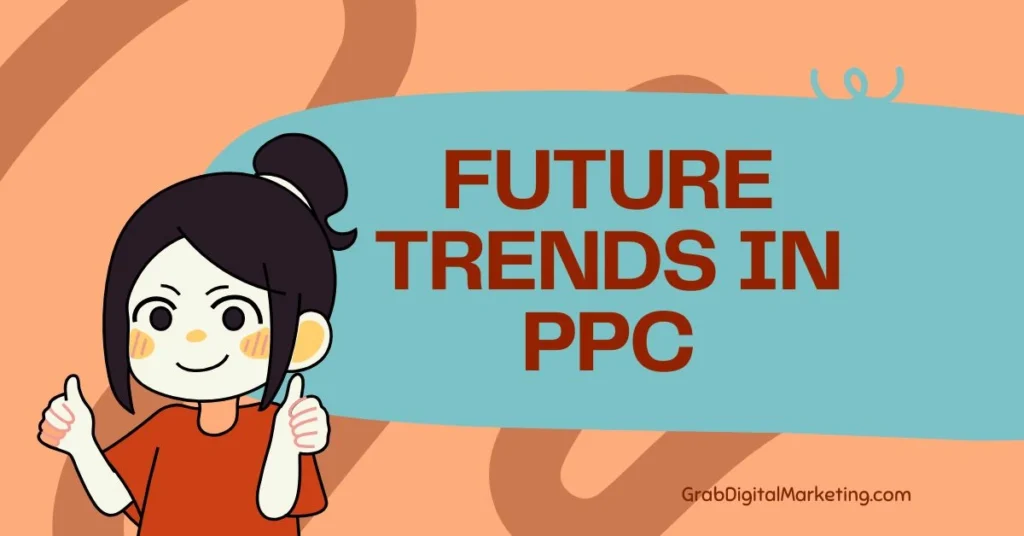
- Automation and AI in PPC Automation and AI are transforming PPC advertising. From automated bidding to smart campaigns, AI can help optimize your campaigns, save time, and improve performance.
- Voice Search and PPC Voice search is becoming increasingly popular, and it’s important to adapt your PPC strategy accordingly. Focus on long-tail keywords and natural language queries to capture voice search traffic.
- Visual and Video Ads Visual content, including images and videos, is gaining importance in PPC advertising. Incorporate visual and video ads into your campaigns to engage users and stand out from the competition.
- Privacy and PPC Privacy regulations like GDPR and CCPA impact how data is collected and used in PPC advertising. Stay informed about these regulations and ensure your campaigns comply with privacy laws.
Conclusion
- Recap of Key Points PPC advertising is a powerful tool for reaching your target audience and driving traffic to your website. By understanding the basics, crafting an effective strategy, and avoiding common mistakes, you can achieve great results with PPC.
- Final Thoughts As digital marketing continues to evolve, staying up-to-date with the latest trends and best practices is essential. Keep experimenting, analyzing, and optimizing your PPC campaigns to stay ahead of the competition.
- Call to Action If you’re ready to take your PPC advertising to the next level, start implementing these strategies today. Need help? Contact a PPC expert or agency to get personalized advice and support.
I hope this blog post gives you a comprehensive understanding of pay-per-click advertising.

